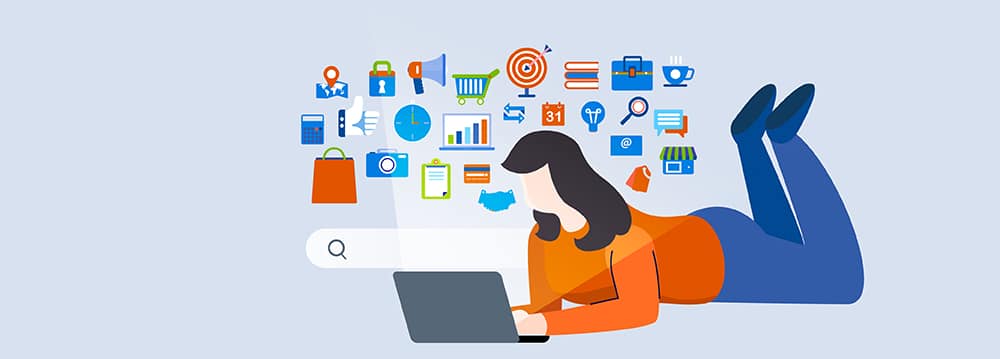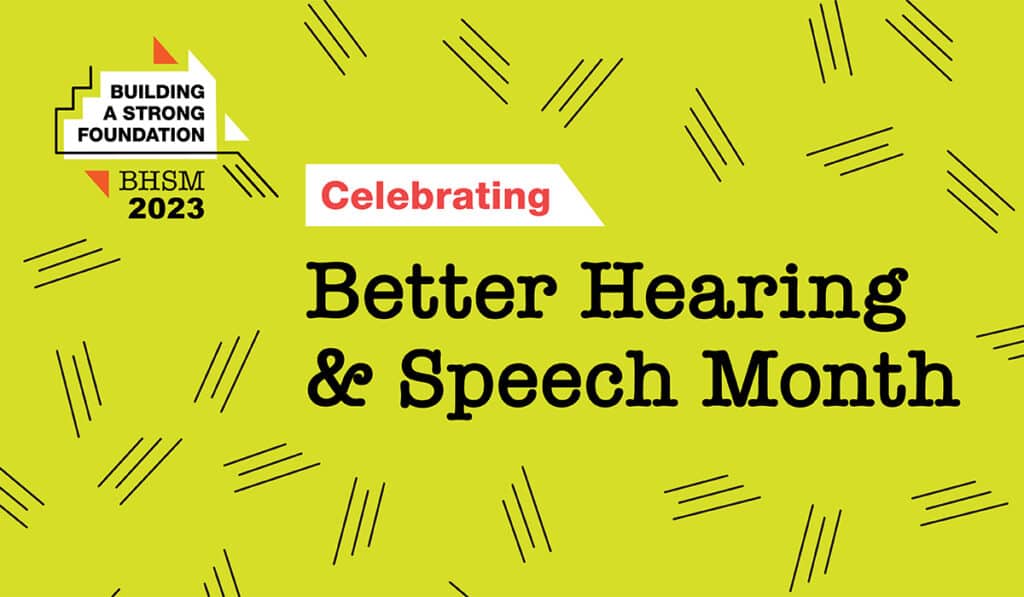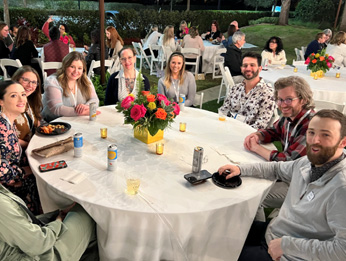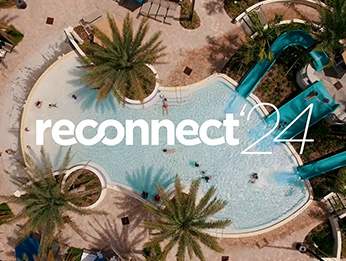Hopefully, you’ve spent 2019 focusing on your practice. Not just making sure you’re selling hearing aids but working on the internal health of the business: You’ve completed a pricing analysis, ensured every employee has the right training to be successful, and you’re executing a marketing plan (hopefully with CQ Partners managing it!).
But you haven’t brought yourself to do community outreach.
Why not?

Relationship
Even if your marketing is driving new leads and helping to grow your practice, more than two-thirds (69 percent) of the American public trust doctors’ honesty and integrity and want to have a relationship with their provider.
Whether it’s a health fair or the monthly hearing seminar you hold at your local active-living community, meeting potential patients at a community event starts the patient/provider relationship before the appointment. It’s always better to have an established relationship with someone before you ask them to spend money. It can also make asking for the sale easier during the appointment because they are not considered a stranger. You’ve learned personal details about this person (the voice and laugh they miss hearing or how long they’ve missed out on calls with their grandkids, etc.).
Public Speaking
A fear of public speaking often keeps providers from starting a community outreach strategy. The first step to getting out of that mindset is: to believe in yourself! If you don’t like standing in front of a group and teaching, consider attending a health fair where the atmosphere may be more casual, and you don’t have to prepare a speech or slides. Remember that you’re the professional and you’re there to educate the public on what healthy hearing means to their life—from missing out on their favorite songs to how it can relate to comorbidities, like heart disease or diabetes. By reinforcing that you’re the local expert, you can win over potential patients who may be receiving your marketing materials, but didn’t respond because they don’t know you.
Physician & Patient Referrals
Community outreach events can also help strengthen your physician and patient referral programs. You may not be the only health professional at a particular health fair, so by making connections with related exhibitors, you can work together and refer leads to one another’s booths. You may also reach a person who’s loved one is experiencing hearing loss and can provide them collateral to review at home.
Local Partnerships
If you’re still not sure about finding or hosting community events on your own, link up with local societies with service-minded missions. Did you know Lions Club International has a hearing aid program for its members? The organization accepts old hearing devices for recycling and will typically work with local providers to offer screening events for members! There is also the Walk4Hearing, a national program that focuses on raising awareness about hearing loss and hearing health. Fundraising for a local walk sends the message that you are a provider who cares about helping your community—not one who’s just looking to sell hearing aids. It also gives you easy talking points related to general hearing health.
Another great resource is Sertoma, Inc. (formerly known as Sertoma International), which is an organization of service clubs across the country dedicated to improving the quality of life for those impacted by hearing loss. Their website offers a wealth of community events help, from accepting donated hearing aids to information about how to start your own local Sertoma Club (if there isn’t already one in your area). Being the hearing practice that opens a local chapter of the Sertoma Club may be the best way to make yourself the local hearing health expert, regardless of the level of competition you have in your area.
Not sure how often to host or participate in community events? We recommend our Associates do (at least) quarterly events. This provides enough time for event collateral and/or presentations to be developed without stressing about deadlines. You’ll also have enough time after each event to follow-up with any leads. You should call everyone you meet within 24 hours after each event to thank them for attending and to schedule a time to come in for their free screening (if you didn’t offer one on-site). You also want to ensure that every name that you collect gets entered into your practice management system using relevant referral sources. This will allow you to build the “prospect” segment within your database so you can reach out on a regular basis. Even if they’re not ready to address their hearing health right now, you want to ensure that your practice is the first one they call the moment they are ready.








